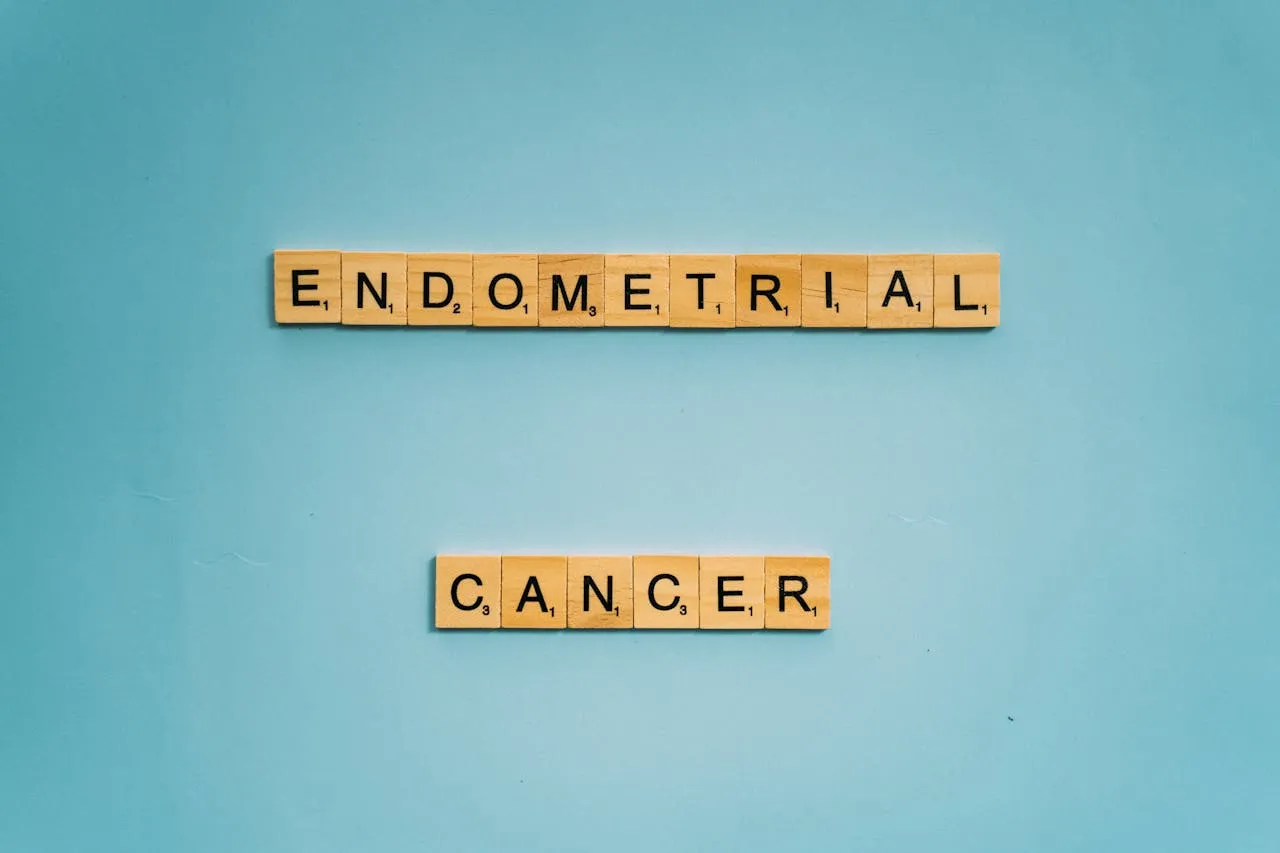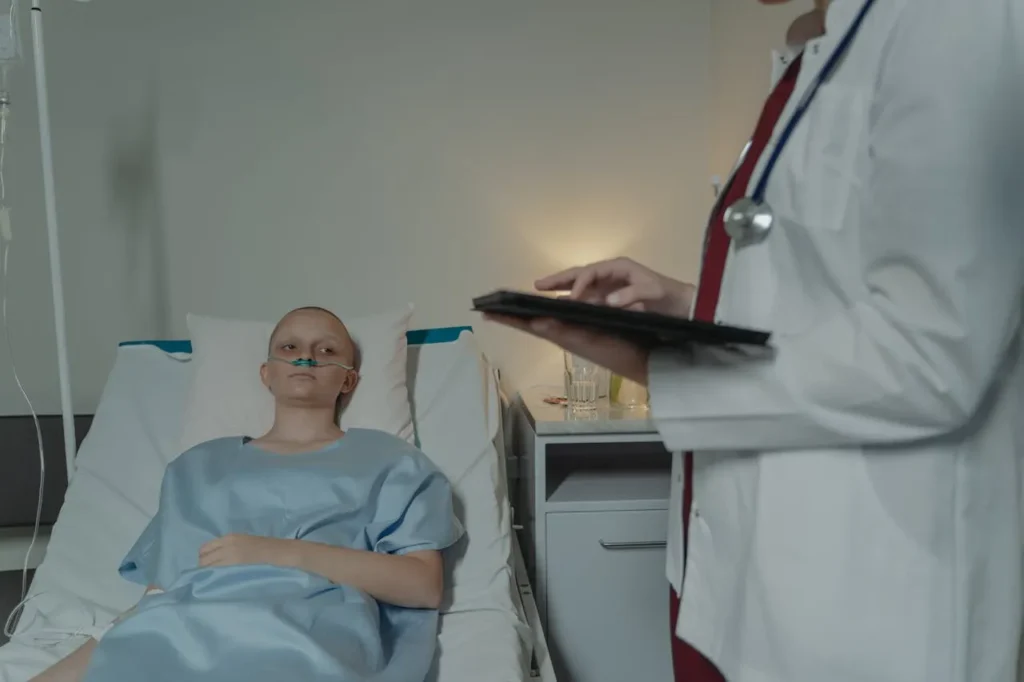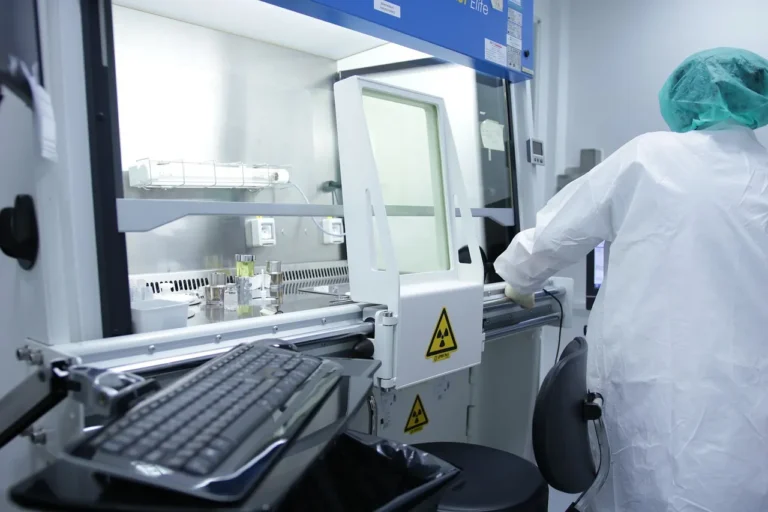
Alpenglow Biosciences to Host AACR 2025 Dinner Talk on Spatial Biology in Endometrial Cancer
Alpenglow Biosciences, a leading innovator in 3D spatial biology and digital pathology, is pleased to announce its exclusive Dinner Lecture during the American Association for Cancer Research (AACR) Annual Meeting 2025, one of the premier global events in oncology research. The event, entitled “Decoding Endometrial Cancers: A Spatial Biology Odyssey in 2D and 3D,” will take place on the evening of Sunday, April 27, 2025, from 6:00 PM to 9:00 PM at Mercat a la Planxa, a contemporary Catalan restaurant located at 638 South Michigan Avenue in the heart of downtown Chicago.
The evening promises to be a thought-provoking and insightful journey into the evolving field of spatial biology as it applies to gynecologic cancers, particularly endometrial malignancies. Attendees will hear from one of the field’s emerging voices, Dr. Sammy Ferri-Borgogno, B.S., M.S., Ph.D., who will deliver the keynote address. Dr. Ferri-Borgogno is an Assistant Professor in the Department of Gynecologic Oncology at the University of Texas MD Anderson Cancer Center, where her laboratory is focused on unraveling the complexities of immune microenvironments and cellular signaling within ovarian and endometrial tumors using cutting-edge spatial profiling tools.
This year’s AACR meeting is expected to draw over 20,000 scientists, clinicians, and industry leaders from around the world, and Alpenglow’s event provides a unique opportunity to explore how high-resolution 3D imaging and spatial analytics can unlock new therapeutic pathways and diagnostic strategies in gynecologic oncology.
Bridging Spatial Biology and Gynecologic Oncology
Spatial biology—the study of how cells are organized and interact in their native tissue environment—has rapidly become a cornerstone of cancer research, and Alpenglow Biosciences has been at the forefront of this transformation. Leveraging proprietary 3D imaging platforms and AI-powered analytics, Alpenglow enables researchers to visualize tumors and their surrounding microenvironments at an unprecedented level of detail, providing insights that are often missed by conventional 2D histology techniques.
The focus of the evening lecture—endometrial cancer—represents an increasingly urgent area of clinical and scientific interest. While often detected early and associated with favorable prognoses, some subtypes of endometrial cancer are aggressive and poorly understood, with rising incidence and mortality rates in recent years. The integration of spatial biology technologies is expected to play a vital role in characterizing the heterogeneity of these tumors, identifying novel biomarkers, and stratifying patients based on predicted therapeutic response.
Keynote Speaker: Dr. Sammy Ferri-Borgogno
Dr. Ferri-Borgogno brings a multidisciplinary background and an impressive scientific portfolio to the event. With degrees in both medical biotechnology and cancer biology, she has spent the past decade advancing our understanding of tumor-immune interactions, epigenetic regulation, and chemoresistance mechanisms in difficult-to-treat cancers.
Her scientific journey began at the University of Turin in Italy, where she completed a Master of Science in Medical Biotechnology. There, she conducted foundational research on alpha-enolase, a multifunctional glycolytic enzyme implicated in pancreatic cancer metabolism and progression. This early work sparked her interest in the intersection of molecular signaling and cancer biology.
She then pursued doctoral training with an emphasis on integrating -omics technologies—such as genomics, proteomics, and transcriptomics—with immunological insights, laying the groundwork for her current focus on spatially resolved immune profiling. Her postdoctoral work further refined her expertise in epigenetics and the tumor stroma, particularly in ovarian cancer models where immune evasion and stromal remodeling are central to disease persistence and progression.
Currently, at MD Anderson Cancer Center, Dr. Ferri-Borgogno applies a suite of advanced spatial tools, including multiplex immunofluorescence, digital tissue reconstruction, and AI-driven cell phenotyping, to uncover biomarkers associated with chemoresistance and recurrence. Her work has helped illuminate new therapeutic targets and predictive indicators in gynecologic malignancies and holds promise for clinical translation in the near future.
CEO Remarks: Championing Innovation in Spatial Oncology

“We are deeply honored to welcome Dr. Ferri-Borgogno as the keynote speaker for our AACR Dinner Lecture,” said Dr. Nick Reder, MD, MPH, CEO and Founder of Alpenglow Biosciences. “Her contributions to the fields of ovarian and endometrial cancer research exemplify the type of innovative, interdisciplinary thinking that is essential to conquering cancer.”
Dr. Reder, a pathologist by training and a visionary entrepreneur, founded Alpenglow with the goal of pushing pathology into the digital and 3D era. Under his leadership, the company has developed a proprietary Alpenglow non-destructive tissue imaging platform that enables researchers and clinicians to visualize entire tissue volumes without sectioning, preserving spatial context and cellular relationships.
“This year’s AACR theme is all about convergence—of technologies, of disciplines, and of translational science,” Dr. Reder continued. “Spatial biology sits at the intersection of all these movements, and we’re excited to showcase how it can be applied to real-world clinical problems like drug resistance in endometrial cancer.”
A Platform for Dialogue and Discovery
The Dinner Lecture is not only a scientific presentation but also a curated networking opportunity designed to bring together academic researchers, biotech innovators, oncologists, and pharmaceutical stakeholders for meaningful discussion. Alpenglow Attendees can expect to gain insight into the latest trends in spatial profiling, including:
- Integration of 3D tissue imaging in oncology pipelines
- Case studies highlighting spatial biomarker discovery
- Applications in precision medicine and immuno-oncology
- Use of machine learning for image analysis and cell classification
- Challenges in clinical translation and data harmonization
The setting—Mercat a la Planxa—offers an intimate and vibrant space for exchanging ideas, complemented by modern Catalan cuisine and a warm, collaborative atmosphere. Attendees will have the opportunity to engage directly with Alpenglow’s team and Dr. Ferri-Borgogno in a relaxed setting conducive to intellectual curiosity and cross-sector partnerships.
Spatial Biology’s Role in the Future of Cancer Research
As cancer biology grows increasingly complex, technologies that can retain and decode spatial context are becoming essential. Unlike traditional bulk tissue analysis, which often masks intra-tumoral heterogeneity, spatial biology allows scientists to see where cells reside, how they interact, and what molecular signatures they carry in situ. This is particularly crucial in gynecologic cancers, where the tumor microenvironment plays a key role in progression, immune evasion, and treatment resistance.
By enabling high-throughput 3D analysis and integrated computational workflows, Alpenglow Biosciences is not only transforming pathology but also redefining how we understand and treat cancer. Events like the upcoming AACR Dinner Lecture help accelerate this mission by fostering open dialogue and interdisciplinary collaboration.





